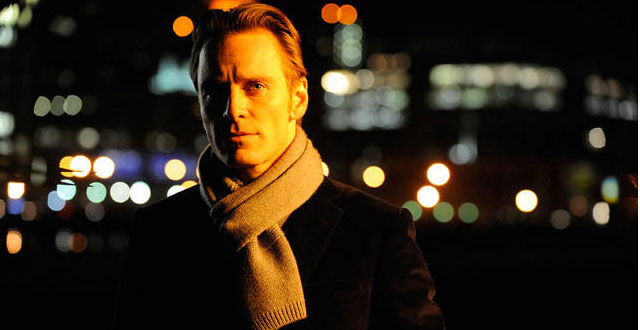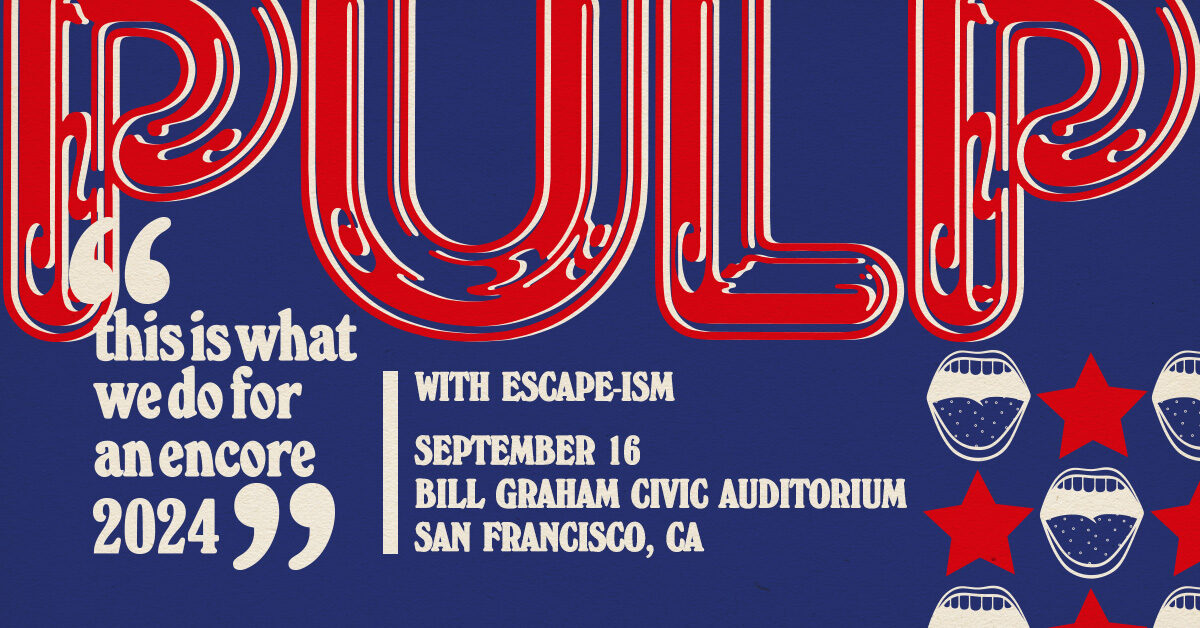Movie Review: Shame
Steve McQueen’s second film, Shame, an uncompromising exploration of sexual addiction, premiered several months ago at the Venice Film Festival.
Hunger actor and Shame’s lead, Michael Fassbender (A Dangerous Method, X-Men: First Class, Jane Eyre), received the top acting prize in Venice. Since then, Shame has made the festival rounds, with stops in Toronto, New York, London, and Denver. Each time, the response has been near universal praise for McQueen’s directing and writing (he co-wrote the screenplay with Abi Morgan) and Fassbender’s intense, multi-layered performance as a self-destructive, sex-addicted character.
Not surprisingly, Shame has courted controversy, as well, gaining a dreaded “NC-17” rating from the MPAA for its frank depiction of sex and ample (male) nudity.
Brandon Sullivan (Fassbender), an affluent New Yorker and sex addict, self-destructively pursues joyless, consequence-free sex at every opportunity. Considering Brandon’s looks, hip fashion sense, and cool, reserved detachment, the opposite of his over-eager, woman-chasing, married boss, David (James Badge Dale), sex with random strangers on any given night is always within the realm of the possible, if not probable. For Brandon, however, frequent sex with random strangers isn’t enough. Hookers and Internet-enhanced masturbation (at home or at work) sessions fill the gaps between random encounters.
When David takes Brandon’s work PC away apparently due to a company-wide virus (except only Brandon’s computer gets taken away), it’s just one more example of Brandon’s self-destructive behavior. He’s loaded his work PC with every imaginable (and possibly unimaginable) type and variety of Internet-available (straight) porn. Brandon doesn’t share David’s proclivity for vulgarity, but ultimately treats women similarly, as objects (of desire), not subjects in their own right.
If Brandon exists in a state of equilibrium, however precarious, the unwanted appearance of Brandon’s newly homeless, emotionally volatile younger sister, Sissy (Carey Mulligan), appears in his apartment. Using Brandon’s general goodwill and sibling-related guilt against him, Sissy convinces Brandon to let her stay with him for several days, a decision he almost immediately regrets.
She also invites him to a performance (she sings “New York, New York” as a mournful dirge), then casually slips into bed with David. Hints of a shared traumatic past, possibly child abuse, including incest, color their conversations and interactions. Brandon may have been guilted into taking Sissy in, but if he resents her presence, it’s due both to her behavior (she freely expresses the neuroses Brandon suppresses) and the reminder of a shared past she represents.
McQueen’s depiction of nudity and sex might be disturbing to some moviegoers, but it serves an aesthetic and moral purpose beyond the voyeuristic element it offers moviegoers. Action and camera placement, repetitive and fixed, respectively, suggest highly ritualized behavior, each day similar if not identical to the last. The frank depiction of nudity and, more importantly, joyless sex, strongly implies Brandon’s goal isn’t self-gratification, but self-abnegation, in disappearing or escaping from the unspoken trauma that simultaneously dictates and limits his personal life.
In another development, a potential romantic relationship with a self-assured co-worker, Marianne (Nicole Beharie), offers Brandon the possibility of something more. But with a history of self-destructive behavior, unspoken childhood/family trauma and a seriously unhealthy relationship with his emotionally unstable co-dependent sister, Marianne simultaneously represents the promise and the impossibility of emotional intimacy.
Personal change, at least for Brandon, seems unlikely, but McQueen, a student of European Art Cinema rather than Hollywood filmmaking, leaves Brandon’s fate uncertain.
Showtimes and Tickets








